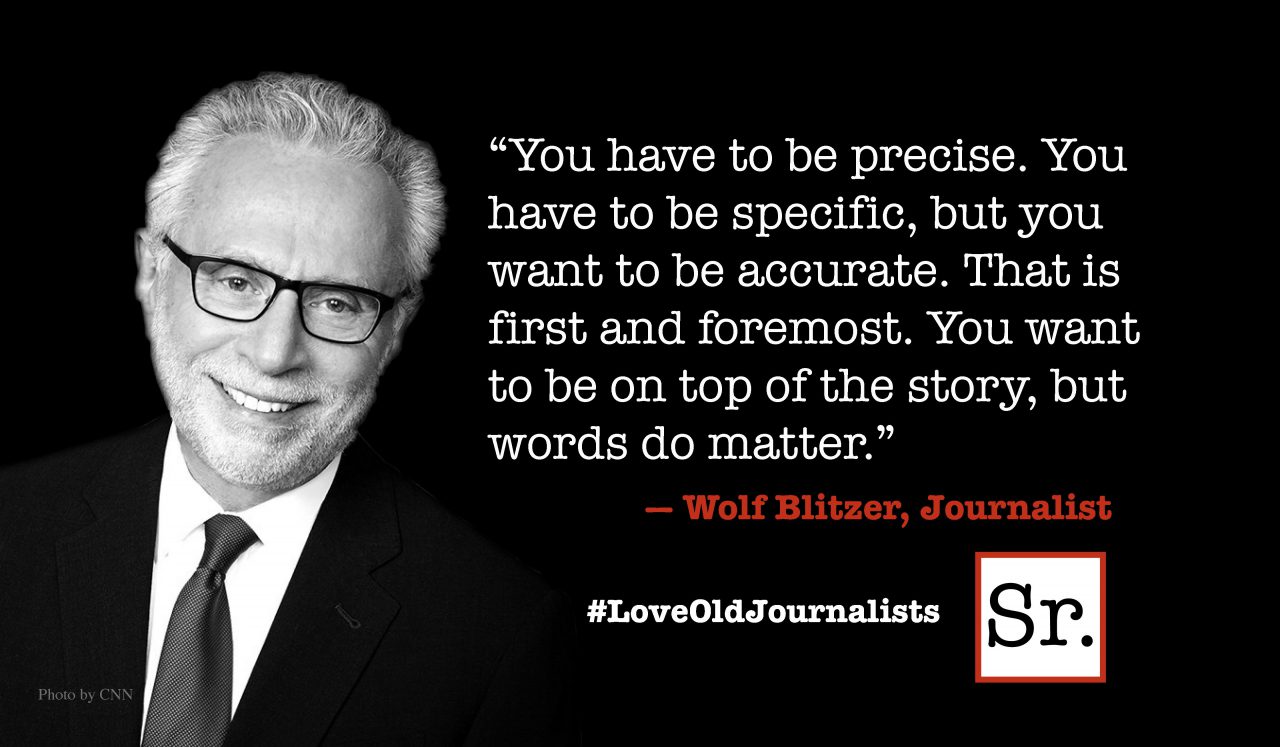I recently met with leaders from a couple of different companies with track records for consistently bringing out the best in people under the worst of circumstances. While they employ completely different leadership styles, local managers from Henniges Automotive (New Haven, Missouri) and Harman International (Washington, Missouri), are great at accessing the power of their people. They focus their folks on continuously increasing productivity and profits by improving their work and business processes. Both companies have taken teamwork to a whole new level. Their teams operate as small businesses within the larger organizational context, and employees tend to see themselves as business owners rather than job holders.
Team members are engaged in continuously figuring out how to solve problems and learning better ways to do things. There is little tolerance for workplace drama and the blame game, as team members focus more on the greater game of turning a larger profit.
We have had the privilege of working closely with both of these companies, and we marvel at the outcomes they have produced over the years by pulling together. They continue to meet their business metrics and turn a nice profit, no matter how challenging the business dynamics are. The credit goes to local leadership, as well as to their teams, for staying the course under the most stressful and difficult business conditions imaginable.
While leadership styles are different, they have several things in common.
1. First and foremost, they excel at putting the right people on the team in the right positions.
2. They are great at teaming and re-teaming around changing business circumstances. They are extremely flexible and adaptable.
3. They treat their employees as business partners — educating them about business realities, always keeping them informed about the good news and the bad. Many business decisions are made where the action is, right on the front line.
There are many more commonalities, but one that really stands out for me is how much the leaders of these organizations expect of their employees. These plants set the bar very high. For example:
- They expect employees to care as much about the business and its' customers as they do.
- They expect employees to always act in the best interests of the business and trust that they will do so.
- They expect employees to grow and develop their skills, and continuously add more value to the business.
- They expect employees to be great problem solvers, problem preventers, improvement implementers, teachers, and coaches.
- They expect employees to be 100% professional at all times, under all circumstances.
- They expect employees to have fun and create a positive and productive workplace.
- They expect employees to make requests for what they need and be proactive, rather than to complain to someone who cannot help them.
- They expect employees to share facts and knowledge with each other and with leadership.
- They use their energy for solving problems, rather than shooting the messenger or blaming someone.
These managers are great at letting employees know what to expect in business environments full of turmoil. They believe employees are able to handle the truth and the facts of any situation and deserve to be kept informed, especially when what is going on might have a large negative impact on their destiny.
These managers have good systems for continuously communicating with their teams. They understand that rumors are a distraction and introduce unnecessary stress and chaos into the workplace. They combat rumor with truth and relevant facts to support that truth.
Most of all, these managers expect a lot of themselves. They know it is important to model professionalism and teamwork at the leadership level. They know it is important to show respect to each and every individual, no matter what.
These managers are aware of how they impact others and work to insure their impact is positive and productive. Does this mean that they never make mistakes? Well. . . No. But when they do, they are quick to apologize and make amends.
Our friends at the Harman, Washington Plant have moved on to work for other businesses due to their recent plant closure, a casualty of the global economy. We expect that Harman team members will take what they have learned and practice it at the many other businesses who are fortunate enough to employ them. We are excited for the new business the Henniges Automotive, New Haven plant has earned and the new jobs that will be generated as a result. We have Great Expectations for the future impact of all who are and have been associated with these two wonderful organizations.









